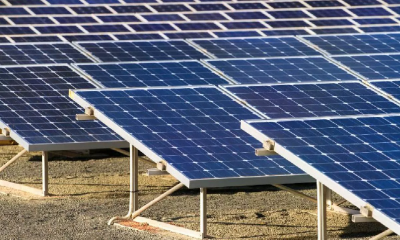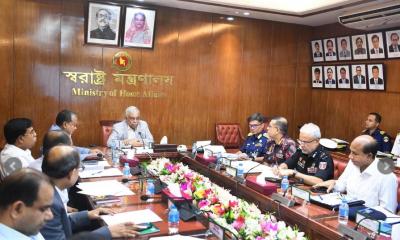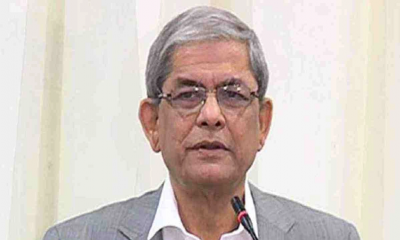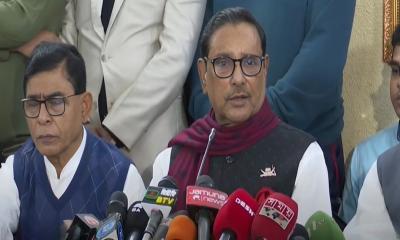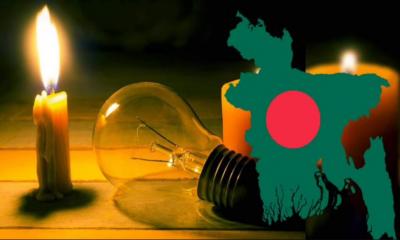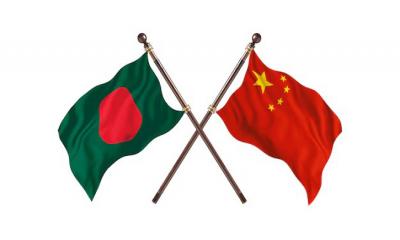The United States is trying to find out if Beijing provides military support to Russia for its war in Ukraine, according to four U.S. officials and other sources.
The discussions, which are still at a preliminary stage, are intended to drum up support from a range of countries .It was not clear what specific sanctions Washington will propose. The conversations have not been previously disclosed.
The U.S. Treasury Department, a lead agency on the imposition of sanctions, declined to comment.
Washington and its allies have said in recent weeks that China was considering providing weapons to Russia, which Beijing denies. Aides to U.S. President Joe Biden have not publicly provided evidence.
They have also warned China directly against doing so, including in meetings between Biden and Chinese President Xi Jinping as well as during a Feb. 18 in-person meeting between U.S. Secretary of State Antony Blinken and top Chinese diplomat Wang Yi on the sidelines of a global security conference in Munich.
The Biden administration's initial steps to counter Chinese support for Russia have included informal outreach at the staff and diplomatic levels, including the Treasury Department, sources familiar with the matter said.
COULD CHINA TILT CONFLICT?
The Ukraine conflict has settled into grinding trench warfare. With Russia running low on munitions, Ukraine and its supporters fear that supplies from China could tilt the conflict to Russia's advantage.
As part of a related diplomatic push, Washington won language in a Feb. 24 G7 statement to mark the war's first anniversary that called on "third-countries" to "cease providing material support to Russia's war, or face severe costs."
Though the statement did not mention China by name, the U.S. imposed new penalties on people and companies accused of helping Russia evade sanctions. The measures included export curbs on companies in China and elsewhere that will block them from buying items, such as semiconductors.
"We've tried to signal very clearly, both in private in Munich, and then publicly, our concerns," Daniel Kritenbrink, the top U.S. diplomat for East Asia, told Congress this week. "We've talked about the implications and the consequences if they were to do so. And we also know that many of our like-minded partners share those concerns."
Among the challenges the United States faces in putting sanctions on China, the world's second-biggest economy, is its thorough integration in the major economies of Europe and Asia, complicating the talks. U.S. allies from Germany to South Korea are reticent to alienate China.
Anthony Ruggiero, a sanctions expert under former President Donald Trump, said the Biden administration does have scope for economically restricting private actors within China and that doing so could deter the government and banks from providing further support.
"Then the administration can send messages to China in public and in private, with the latter being more explicit, that the U.S. will escalate the sanctions to include targeting Chinese banks with the full range of available options," said Ruggiero, now with the Foundation for Defense of Democracies group.
Washington should make China choose between access to the U.S. financial system or aiding Russia's war, Ruggiero said, citing the sanctions approach to Iran and North Korea.




-20240430063745.jpg)







